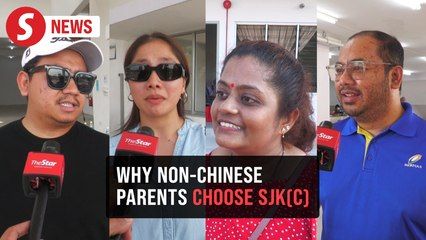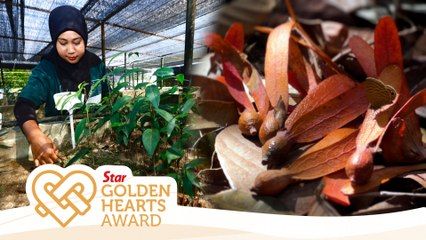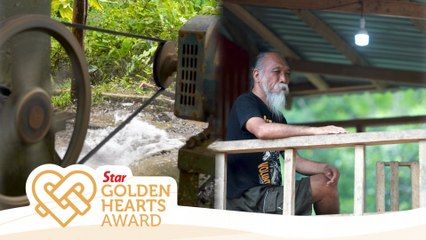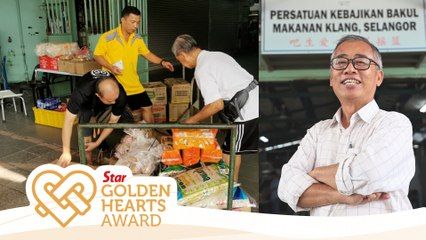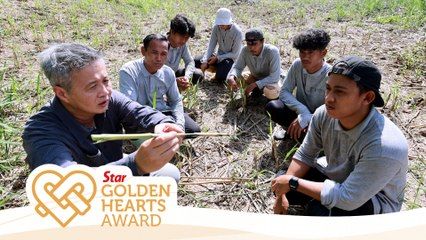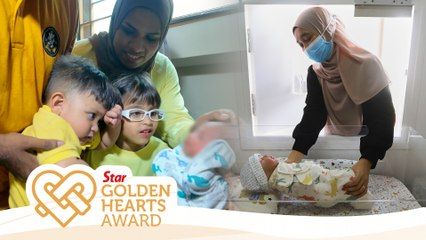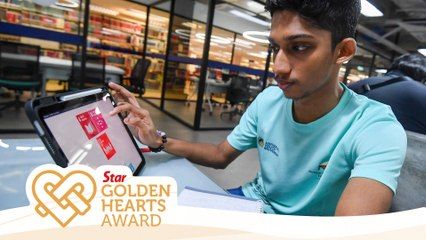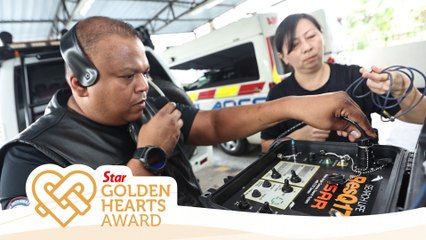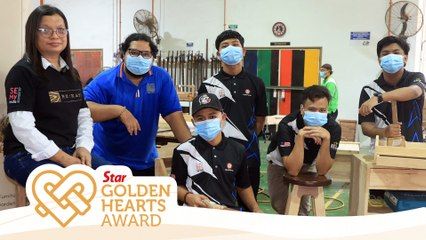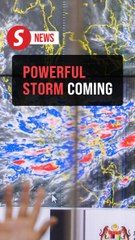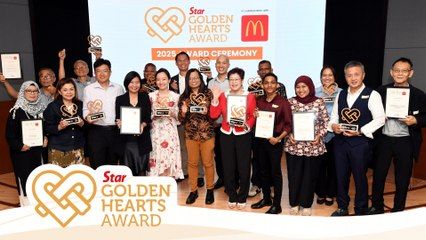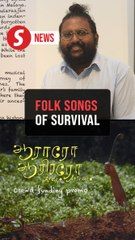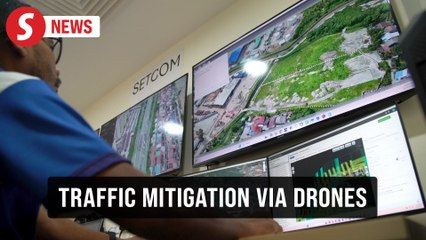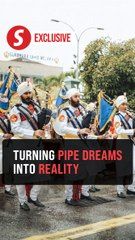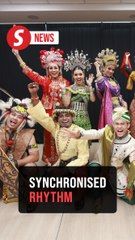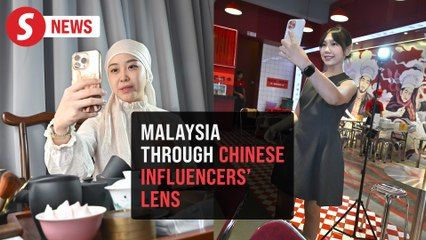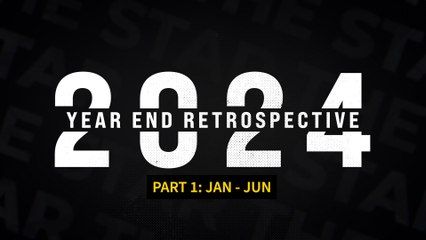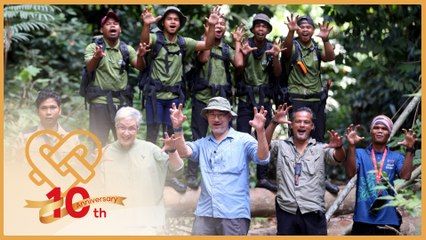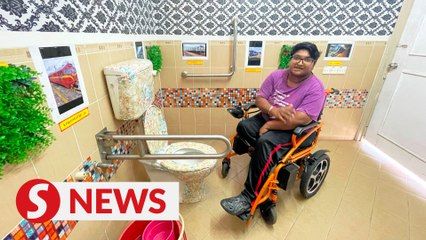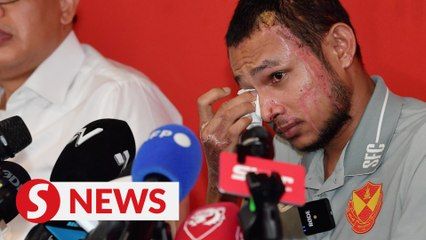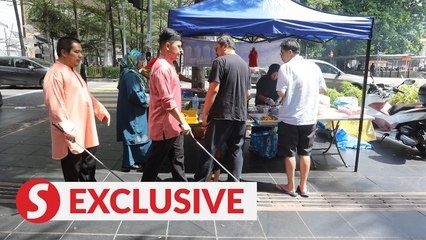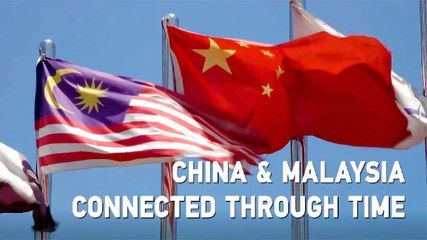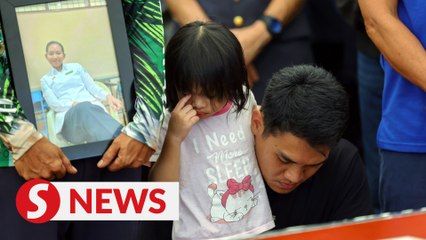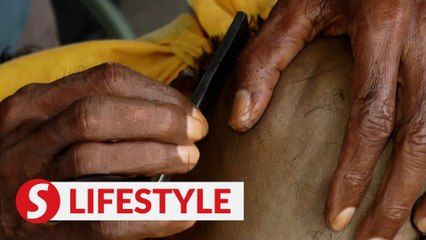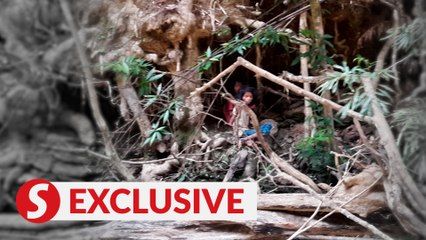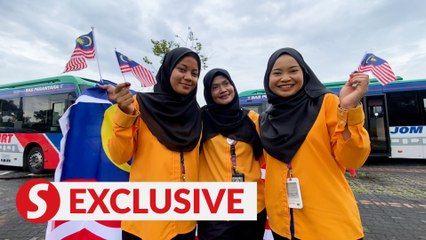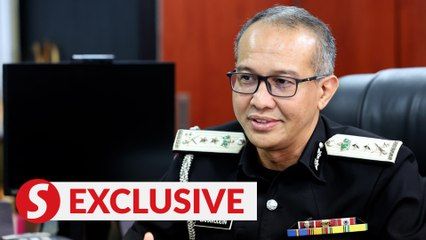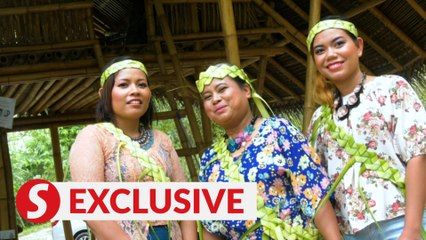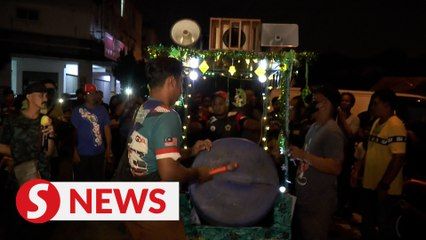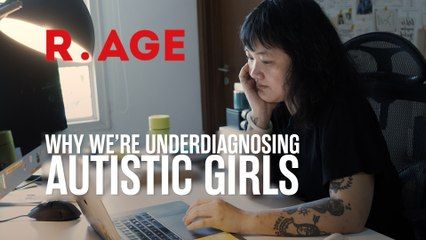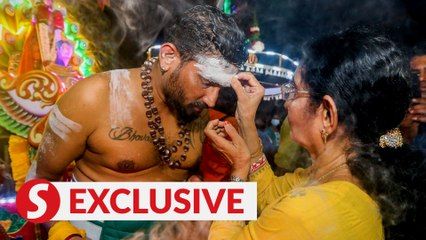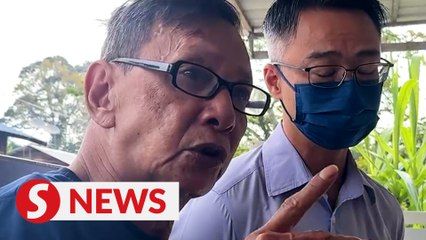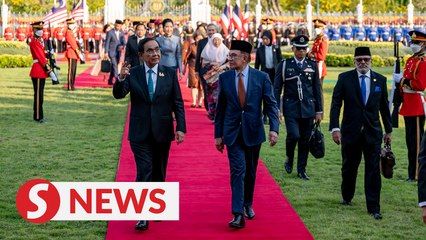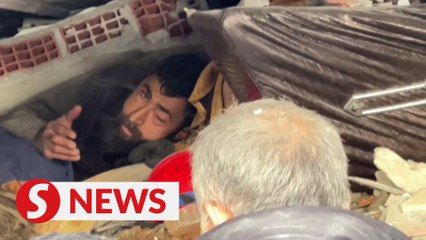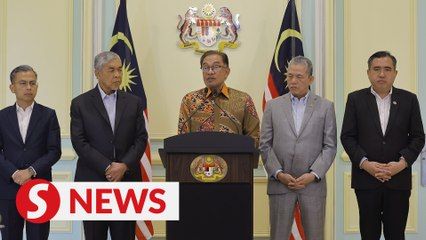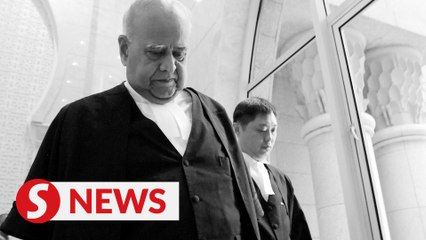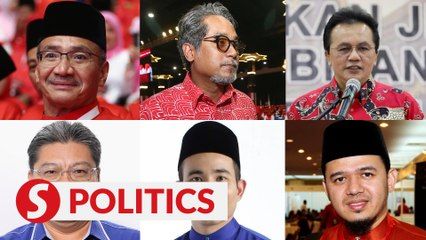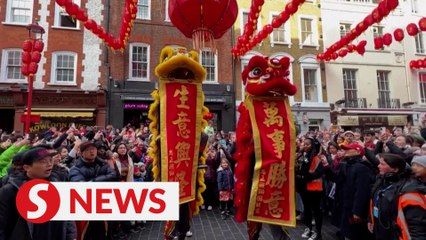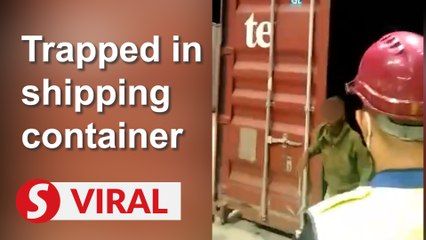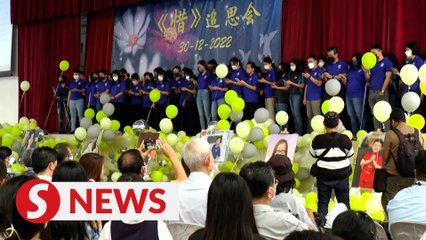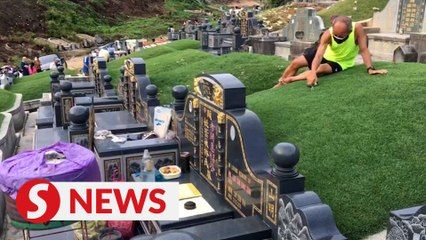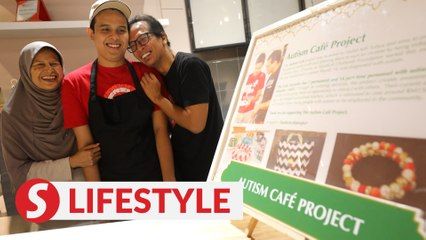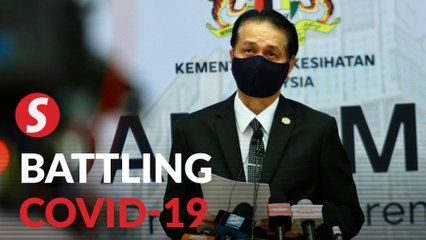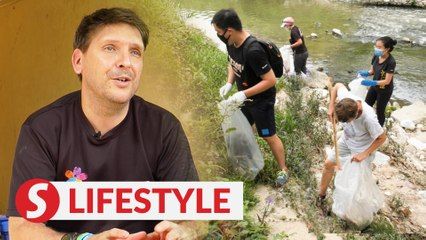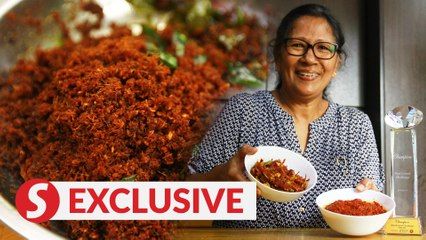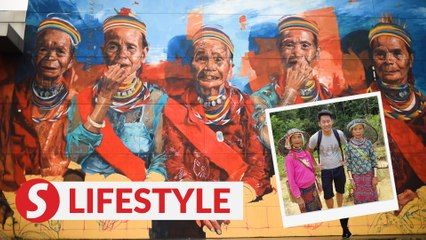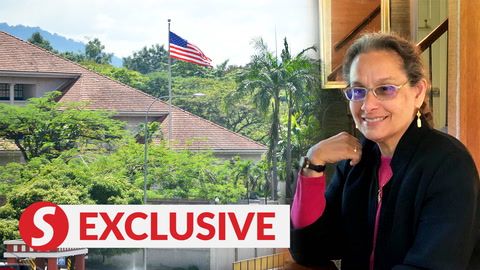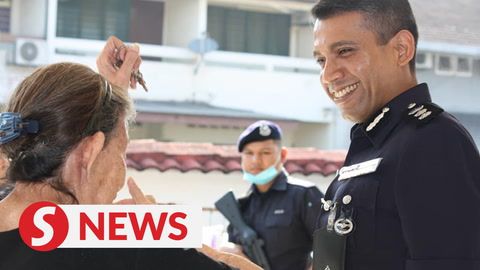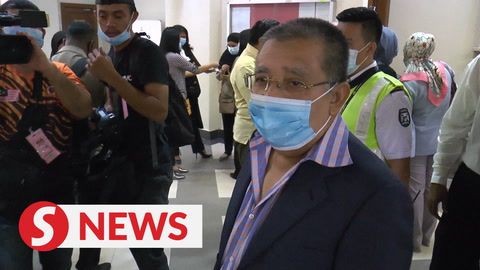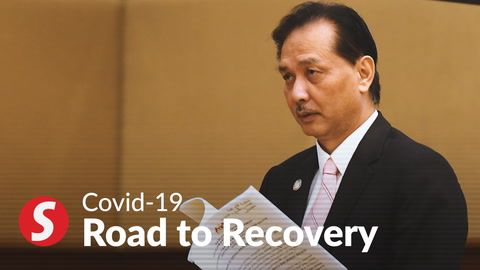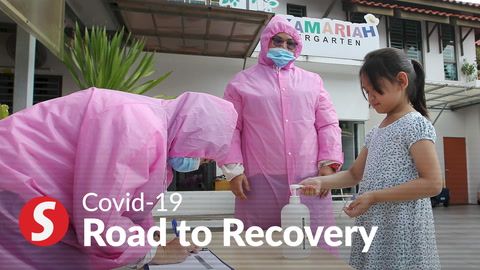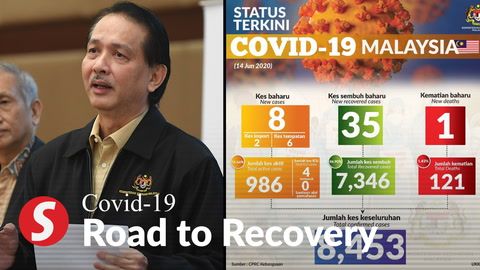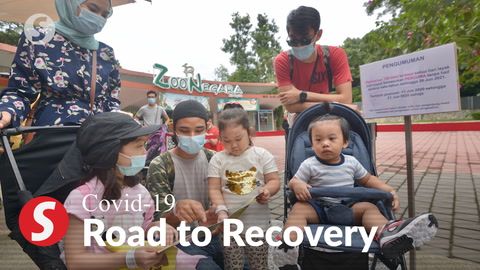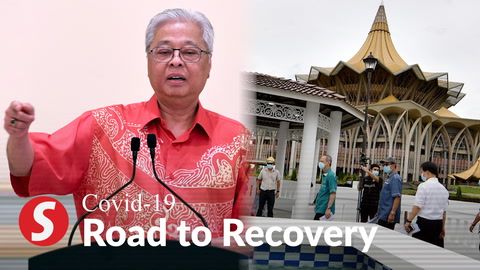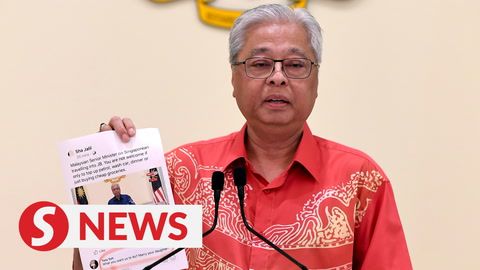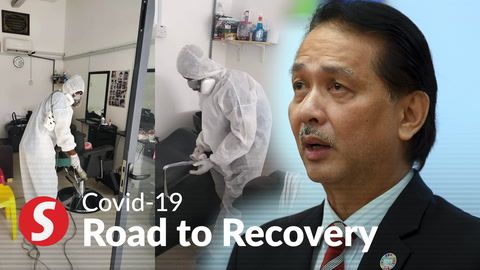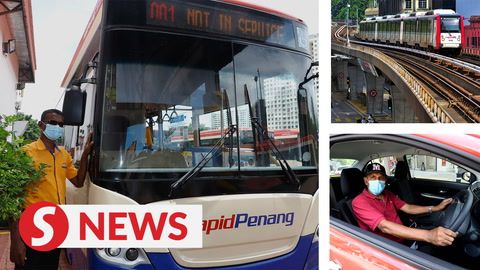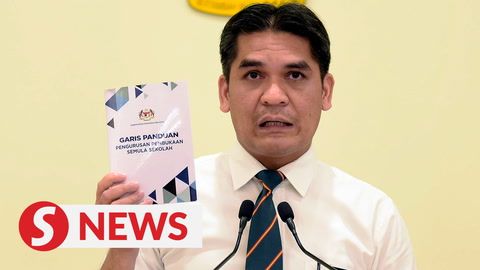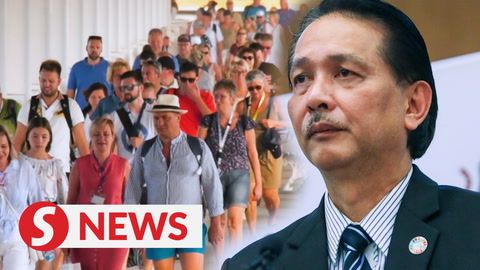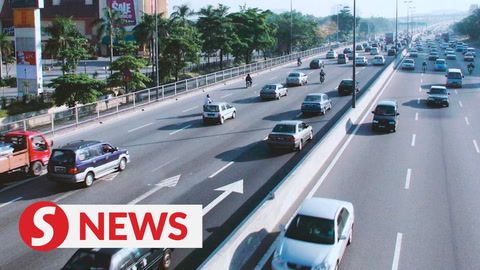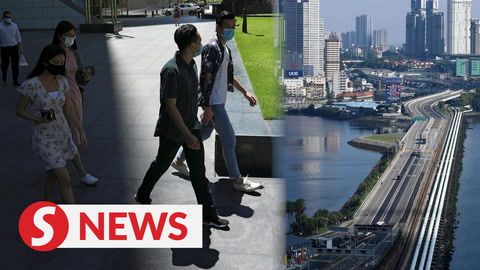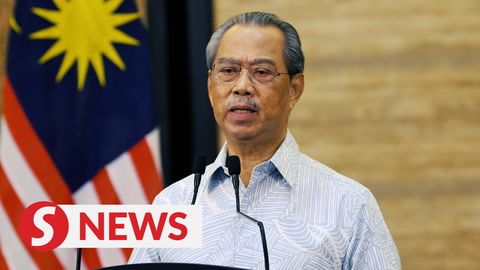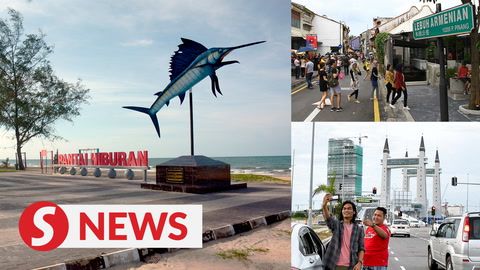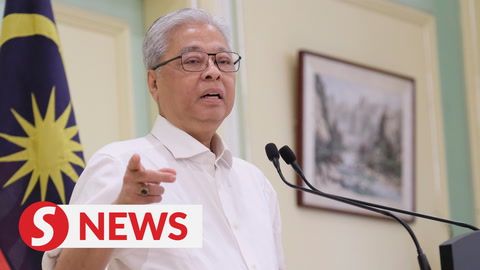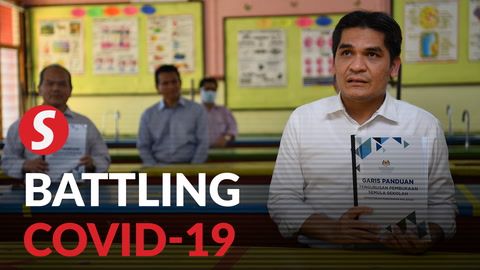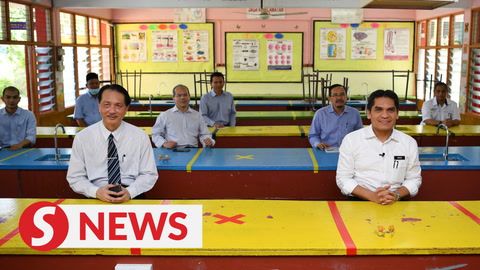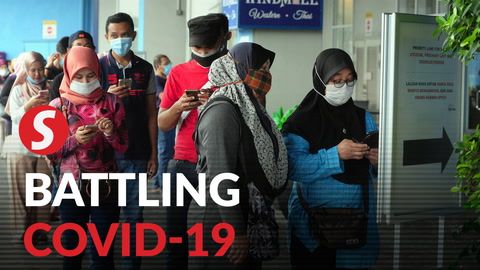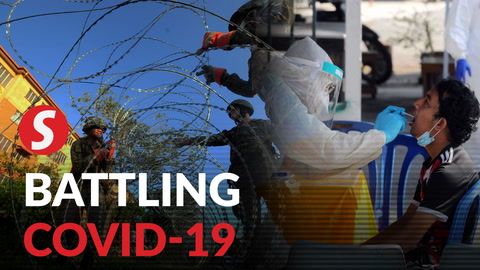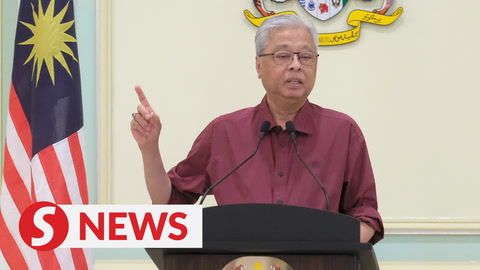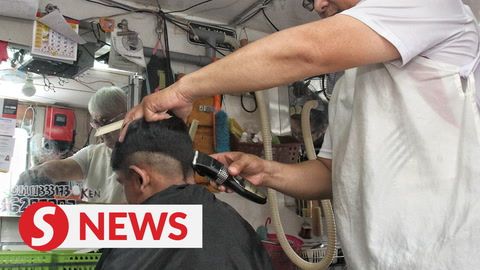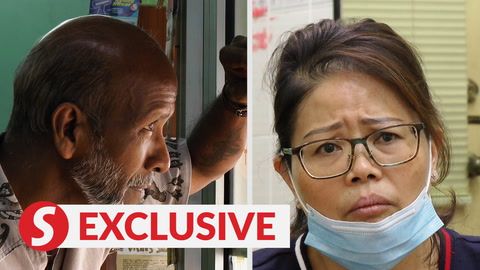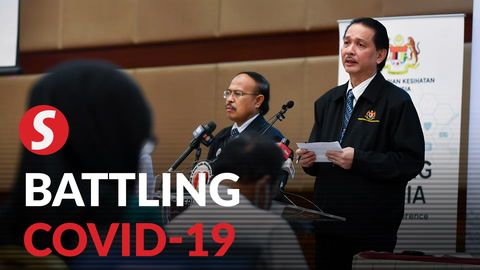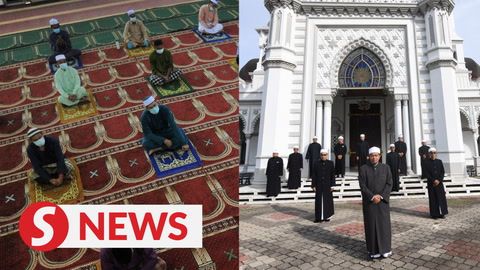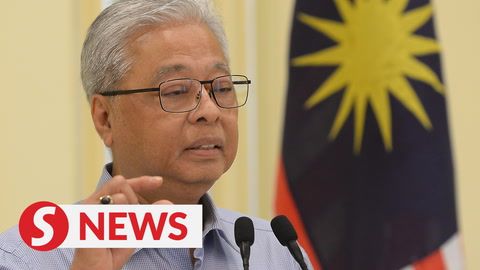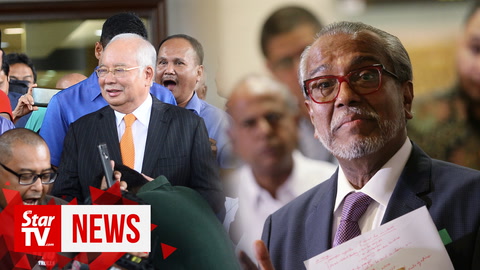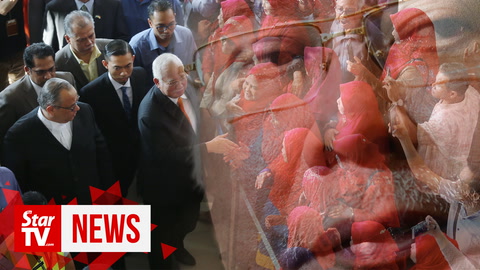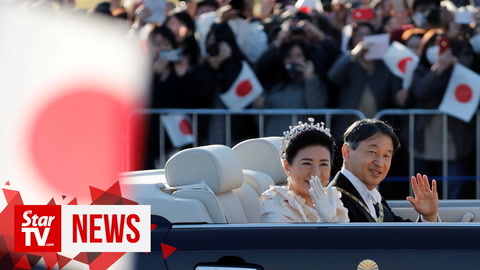The perfect cup part one: Yoseph the farmer
Published on 14 Jul 2016 2:19:28 PM
Join Jakarta Post digital in a two-parter series on the quest for the perfect cup of Indonesian coffee. Part 1: Yoseph the farmer.
Coffee farmer Yoseph Kusuniyanto, 50, grows Arabica Cattura at his plantation and nursery in Lembang, North Bandung. He left his office job in 1997 and decided to try farming, joining other coffee farmers who only began planting coffee again about 15 years ago after a long hiatus.
Yoseph experimented with a lot of varieties of coffee plants, and finally decided on the Brazilian-origin Arabica Cattura as his main commodity. “I wondered why Cattura could grow in Brazil and produce good-tasting coffee, and I wanted to try and grow it here. It worked, surprisingly, and it is good.”
Arabica Cattura is not a common variety in Indonesia, however it grows well under Yoseph’s care.
Compared to Indonesia’s star coffee, Sigarar Utang, which has been planted everywhere and has boosted the nation’s coffee exports, Yoseph claims that his Arabica Cattura is visually prettier. “You can plant it in front of your house and it will definitely look pretty. Actually, that’s also one of the reasons why I chose Arabica Cattura in the first place.”
Aside from looking good, the Cattura cultivar has tougher leaves, making it more resilient to diseases.
Bandung has two large areas of coffee plantations. The better-known ones lies in the southern part of the city, in Pengalengan, while the other one spreads across the northern part. Farmers in Pengalengan plant their crops earlier compared to those in North Bandung, resulting in good harvests and their ability to serve a large-scale industry.
As a small-scale farmer, Yoseph takes his time to carefully experiment, process and harvest small quantities of coffee to help his day-to-day living costs. “When finances are pressing, I sell beans to coffee bean buyers. Although I process my own beans, most of my fellow farmers from around here sell their products in the form of cherries. It’s faster, and the buyers are always ready to receive them, to be sold and sent out to other regions like Sumatra.”
Coffee beans sold to Sumatra are usually destined for blends with more famous varieties, such as Gayo. West Java coffee is considered young, with farmers said to be still learning how to achieve good harvests and therefore the region is yet to form its own identity, making the coffee perfect for blending and adding volume to other varieties. To sell Gayo coffee, for example, a seller can use one-quarter of West Java coffee and three-quarters of Gayo.
This practice gives good prices for buyers, while at the same time getting a decent margin for sellers. But is everybody really happy? Is West Java coffee getting the recognition it deserves, and will the general public finally be able to recognize its true identity?
One of the many possible answers lies in Yoseph’s coffee plantation. As his choice of variety is rather uncommon, his coffee is not used in blends. The farmer has grown a set of fanatics for his coffee, who don’t care (or probably prefer not to know) about the method of processing.
“I still traditionally roast my own coffee, and sell it in a ready-to-brew form. Surprisingly, people like it; I even get orders from cafes around Bandung,” Yoseph said, trying to suppress a proud grin.
In November 2015, the West Java Plantation Service gave out 6 million free coffee seeds to farmers in the coffee-producing districts of Sindangkerta, Gununghalu and Lembang. But is this type of generosity really the answer to increasing production? Moreover, did the help actually reach the farmers? The flicker in Yoseph’s eyes died down a little: “I haven’t heard of any farmer who has received direct financial support from the government. I heard there is support, but as to receiving it, we don’t get anything as far as I know.”
When asked what farmers really need, Yoseph said bluntly, “Fertilizers. We need good quality and affordable fertilizers to grow better quality coffee and meet production targets. I heard a farmer friend just returned from Vietnam and he said it is cheap there. Here, the stock isn’t even available.”
Yoseph appreciated the government’s efforts to open dialogues with farmers, which reveals another strange fact – coffee in Lembang is categorized as a plantation commodity although it is planted in a forestry area. The department of forestry actually allows farmers to plant their coffee there as the plants' deep root systems help to avoid erosion. There is even a restricted area in North Bandung, owned by the Army's Special Forces, which is only accessible by the Army and coffee farmers. The latter are allowed to plant within the area as they help to preserve the forest.
